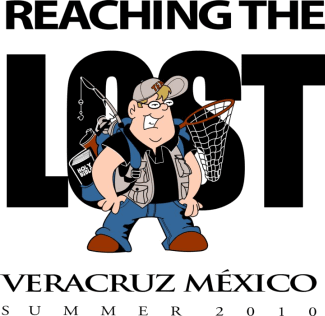This morning I’m preaching on Ephesians 1:11-14. Which is a little tricky, because verse 11 actually starts in the middle of a sentence.
The whole entire sentence is Ephesians 1:3-14 – yes, over 200 words in the Greek. I’m not exactly sure how I feel about the English translations tendency to split this passage into more and more sentences as the years go by – surely Paul had a reason for writing this all together!
Actually, I can think of a reason right now. This passage intertwines the work of the Father, Son, and Holy Spirit – three individual persons working in perfect unity – one God. At times, it’s hard to know which person of the Trinity Paul is talking about!
But anyway, this morning’s theme is inheritance (in Spanish herencia). I won’t give it all away, but if you want a clue:
- Check out which phrases or ideas are repeated over and over in 3-14. One will probably occur 7 or more times, depending on your version.
- Read the rest of Ephesians.
- Read John 17:1-26.
- Read Psalm 16:1-11.
- Read 1 Corinthians 12:13.
- Read John 6:27.
After today’s service, I’m headed to the airport. I’ll be flying to Guadalajara later today, to join up with a team from Garside Bible Church and their sister church Primer Iglesia Bautista Hispana.
As I understand it, the team will be joining some local believers and putting on a day camp north of the city, in an area that they hope will be a new church plant in the near future. Exciting stuff!
I’ll be returning on Wednesday. I’ll try to update my Facebook status and Tweets as I’m able, so you can see what’s going on. 😉
The Guadalajara Metropolitan Area mantains a large and dense population – over 4 million people. This actually makes it one of the largest cities in Latin America. Interestingly enough, the area also supports a huge Canadian population – some down for the winter, some year round.
.
Guadalajara
Jalisco, Mexico
Ixtapaluca
Mexico

